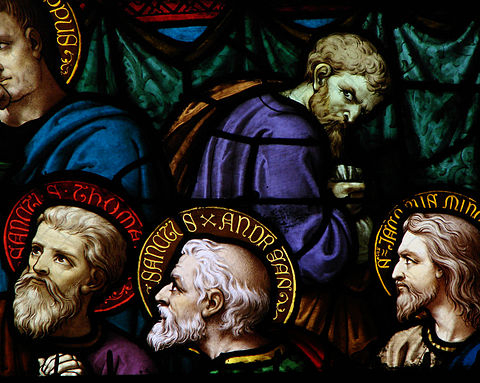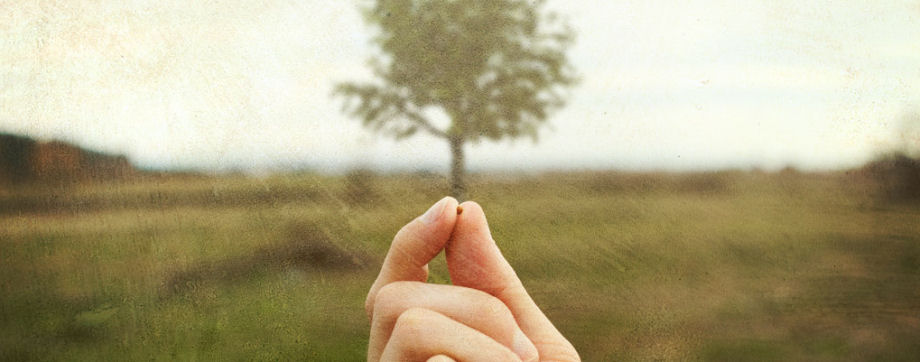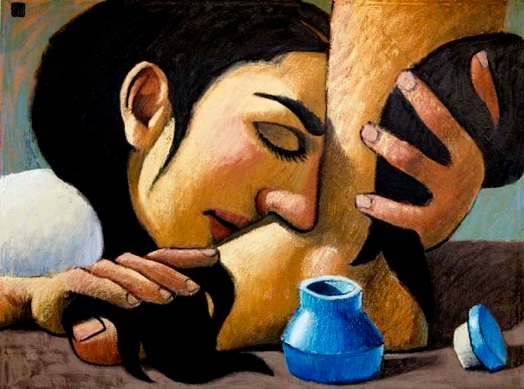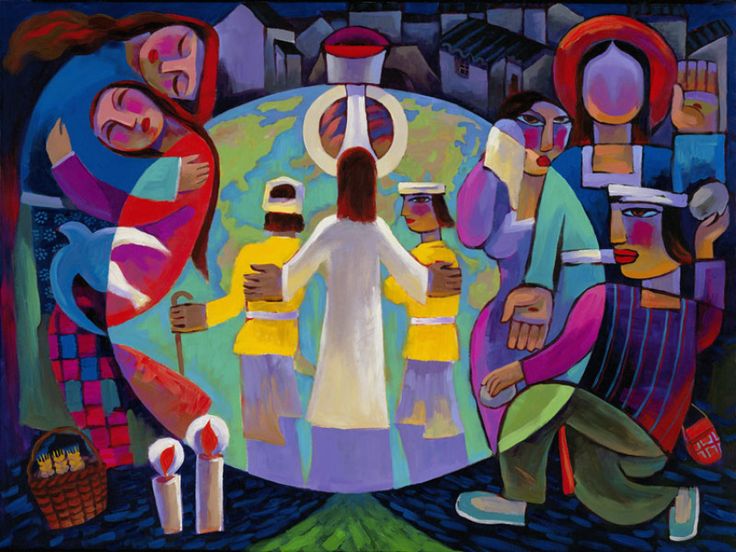Holy Week Meditation: Wed, Mar 31
Text for Wednesday: John 13:21-32 — Jesus Foretells His Betrayal 21 After saying this Jesus was troubled in spirit, and declared, “Very truly, I tell you, one of you will betray me.” 22 The disciples looked at one another, uncertain of whom he was speaking. 23 One of his disciples—the one whom Jesus loved—was reclining next to him; […]




